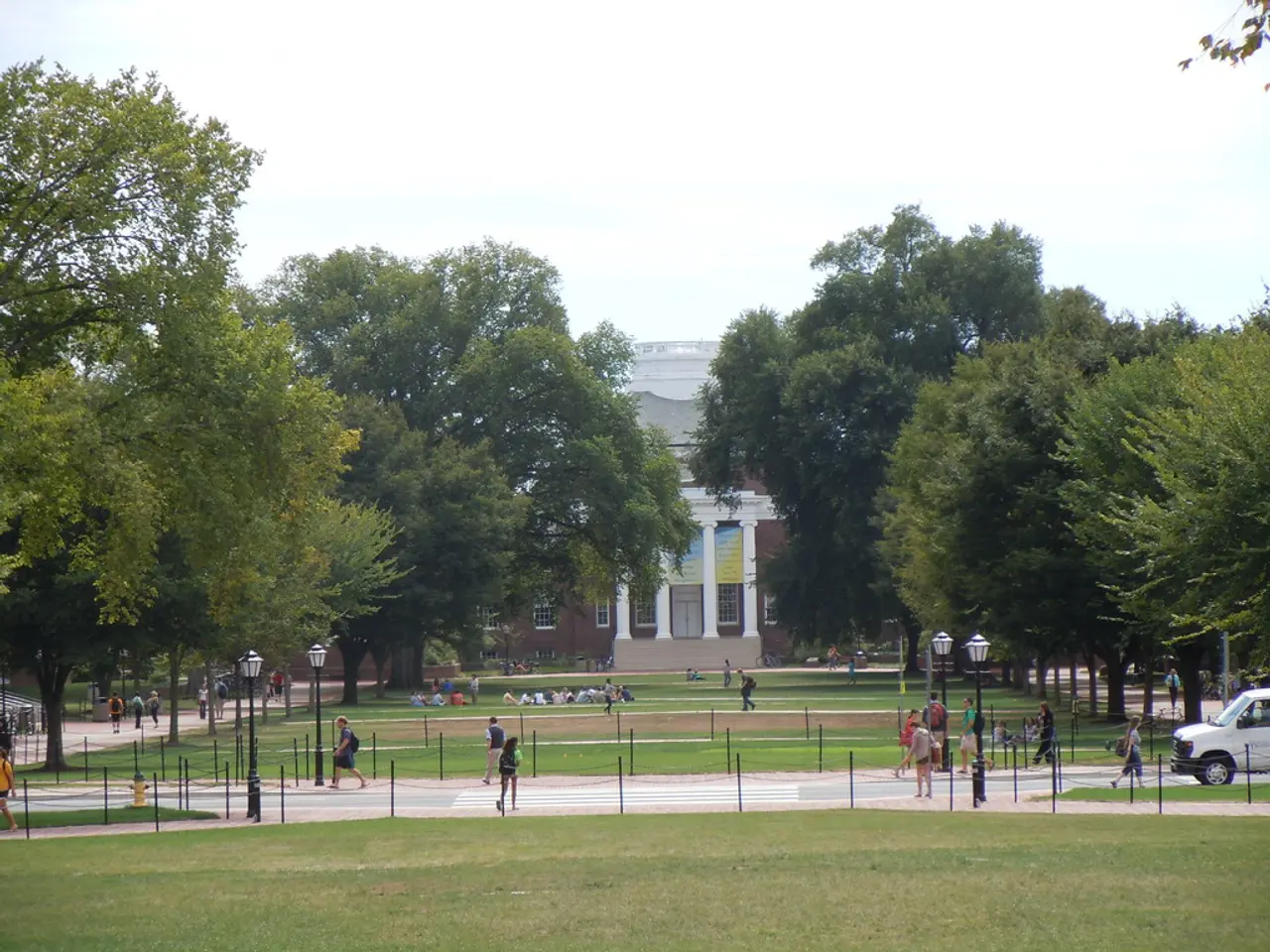Working in Alliance with Postgraduate Scholars
In the vast expanse of academic pursuits at Princeton University, undergraduates interested in Indigenous Studies can find a wealth of opportunities to collaborate with graduate students. This collaboration takes shape through faculty-mentored internships, community-engaged research projects, symposia, and institutional partnerships that centre around Indigenous language and cultural revitalization work.
Rafi Lehmann, Social Sciences Correspondent, sheds light on one such collaboration opportunity in his article titled "The Unexpected Concentration: Why I Declared Geosciences." Lehmann discovered the Princeton American Indian and Indigenous Studies Working Group (PAIISWG) through the Program in American Studies' website and found that it offered a platform for research, access to resources, and connections with faculty and campus resources.
One such example of collaboration is the Derian Summer Internship, which offers undergraduates the chance to work alongside faculty mentors and Indigenous graduate students on projects such as Indigenous language activism, archival research, and cultural resource documentation with Lunaape (Lenape) community members. These projects are not only based on Princeton’s campus but may include some travel for fieldwork or community events.
Undergraduates can further explore collaboration opportunities by connecting with relevant faculty members in Indigenous Studies or related departments and considering registering for internships or research assistant positions advertised by Princeton’s community-engaged scholarship programs or strategic partnership offices. Joining such programs also enables undergraduates to participate in workshops, symposia, and research presentations where graduate students are active contributors.
Moreover, Princeton's Strategic Partnership office facilitates broader research collaborations, which might support initiating new projects or deepening alliances involving graduate and undergraduate researchers. The PAIISWG, a group of graduate students in different disciplines doing research work in Indigenous Studies, is also organizing a conference this spring with contemporary Indigenous Studies scholars from across North America.
Lehmann, who is also interested in Indigenous Studies and plans to ground his junior independent work in this field, has been actively involved with the PAIISWG. He has helped members access resources like Kanopy and is working on building a listserv for sharing findings, publicizing events, and receiving feedback on work.
In essence, undergraduates at Princeton University can engage in meaningful collaboration with graduate students in Indigenous Studies through various avenues, making the university a vibrant hub for Indigenous Studies research and activism. Whether it's through internships, research projects, or institutional partnerships, the opportunities are plentiful for those willing to seek them out.
- Through involvement with the Princeton American Indian and Indigenous Studies Working Group (PAIISWG), undergraduates like Rafi Lehmann can develop their independent work in the field of Indigenous Studies, honing their research skills and contributing to personal-growth and learning by accessing resources and connecting with faculty and other students.
- Undergraduates can build upon their academic endeavors by delving into junior paper projects that focus on Indigenous Studies, benefiting from collaborations with graduate students as well as leveraging educational-and-self-development resources provided by programs such as the Derian Summer Internship.
- Aside from benefiting from structured programs, undergraduates at Princeton University can also promote personal-growth by seeking opportunities to work with fellow graduate students on research projects and engaging with the wider Indigenous Studies community, ultimately contributing to the ongoing revitalization and documentation of Indigenous language and culture.




